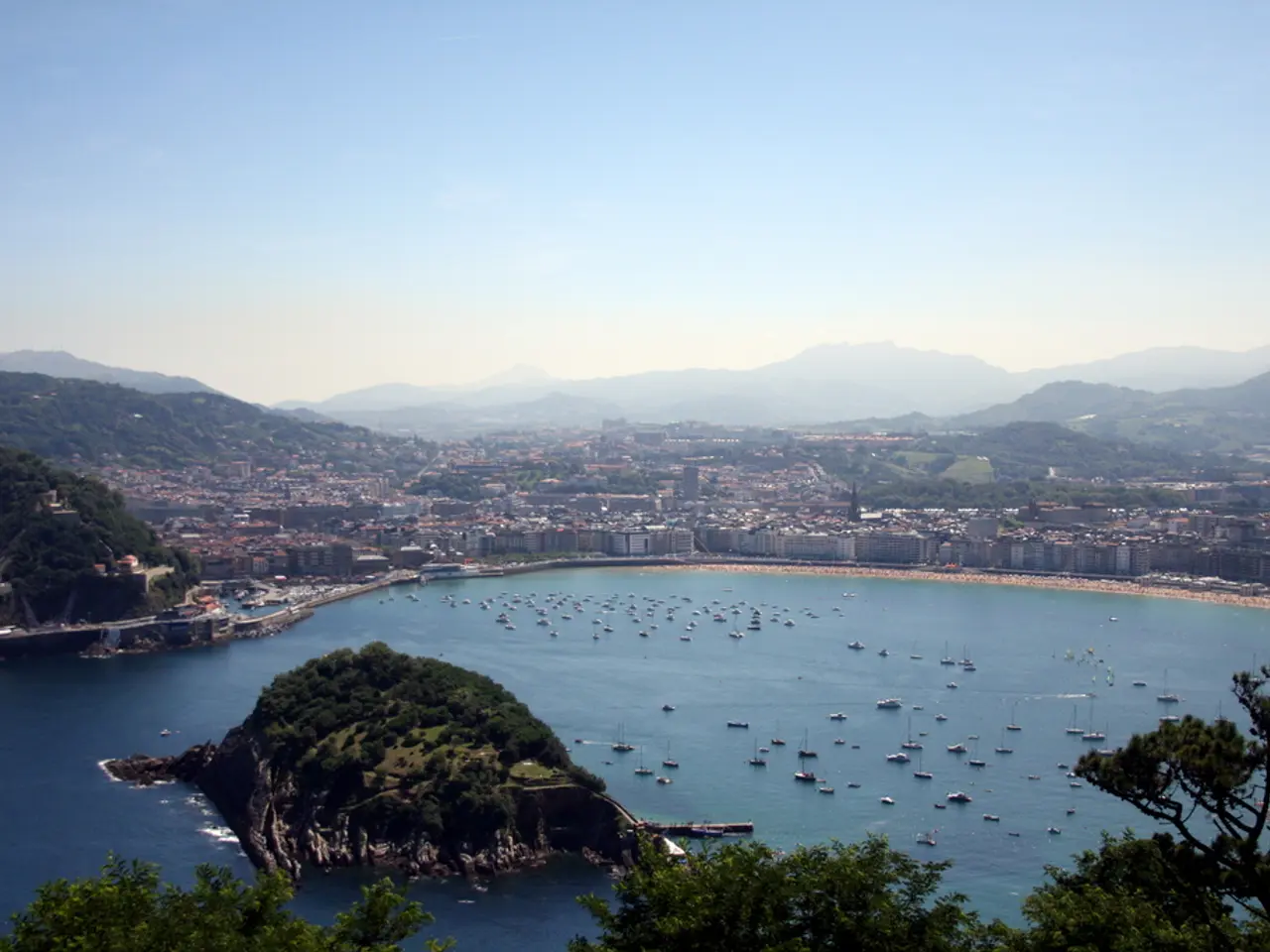Industry and Climate: Telangana Sets Ambitious Goals for Sector Development
In the vast expanse of the southwest Indian Ocean, a remote island named Agalega is becoming a significant strategic asset for India. Under a strategic agreement with Mauritius, India is developing Agalega as a naval base, marking a convergence in the strategic aims of the two nations.
Agalega, located approximately 1,100 km from the Mauritius capital, Port Louis, offers India a strategic forward position to oversee vast maritime areas. This geographical advantage allows India to extend its naval reach toward the Horn of Africa, East Africa, and along vital shipping lanes connecting Asia, Africa, and Europe.
The island's strategic significance lies primarily in its role as a forward surveillance, intelligence, and anti-submarine warfare outpost. With the construction of an airstrip, hangars, and facilities capable of accepting the largest aircraft in India's inventory, Agalega is poised to support India's efforts to track undersea movements, including submarines, enhancing maritime domain awareness and anti-submarine capabilities.
While India has not officially declared Agalega a military base, satellite imagery and reports suggest otherwise. The facilities on the island are designed for dual-use, suitable for both civilian and military purposes. For instance, Boeing P-8I surveillance aircraft are already operating from the airstrip on Agalega.
India's move in the Indian Ocean region is a response to the geopolitical elbowing it faces. China, the world's most aggressively expanding naval power, currently dominates the region with the world's largest navy. China's influence in the region, however, is not uncontested. India has upgraded strategic ties with Mauritius and restored frayed ones with the Maldives, Sri Lanka, and the Seychelles to counter China's influence.
The development of Agalega Island represents a critical node in India’s long-term maritime strategy to safeguard its interests, maintain freedom of navigation, and counterbalance rising Chinese naval influence in a strategically vital part of the Indian Ocean. India's importance as a status quoist power that seeks to uphold a rules-based order can only increase in the region.
It is worth noting that Agalega, under the agreement with Mauritius, will remain under Mauritius' sovereignty and jurisdiction. This approach respects regional partnerships, particularly with Mauritius, to maintain a collaborative presence rather than a colonial or permanent foreign base. This strategy fits within India’s broader SAGAR doctrine emphasizing maritime security and regional cooperation.
As Western naval power in the Indian Ocean recedes, India emerges as a potential stabilizing force in the region. The creation of the military base on Agalega is significant as it reflects this shift in strategic dynamics. With Agalega, India is not only enhancing its own capabilities but also contributing to the maintenance of peace and stability in the Indian Ocean region.
[1] Sources: The Diplomat, The Wire, and India Today [2] Source: The Economic Times [3] Source: The Hindu [4] Source: Business Standard [5] Source: The Indian Express
- India's strategic development of Agalega, particularly the construction of a naval base, demonstrates a convergence of financial investments and strategic industry aims, serving as a significant step in enhancing India's maritime capabilities.
- The financing of Agalega's infrastructure, including an airstrip and facilities for India's largest aircraft, is indicative of the intersection of the finance sector and the military-industrial complex, highlighting the importance of these interconnected domains in shaping India's geopolitical standing.






